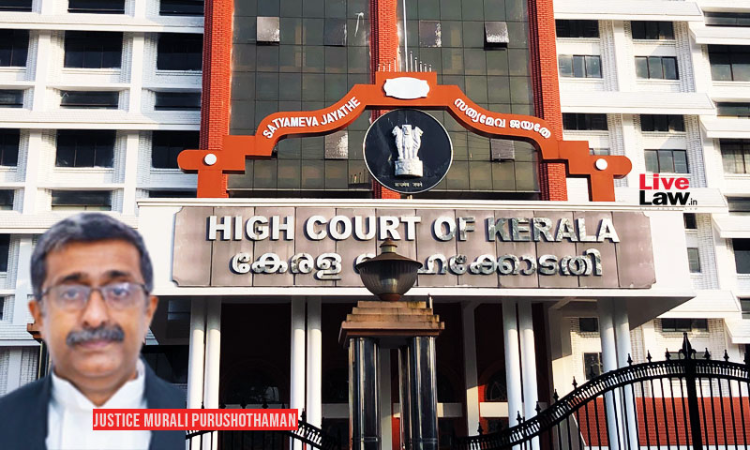Payment Of Gratuity Act| Teachers Come Within The Preview of 'Employee' U/S 2(e): Kerala High Court
Athira Prasad
9 July 2022 12:45 PM IST

The Court also held that an educational institution is an establishment under the Act.
Next Story
9 July 2022 12:45 PM IST
